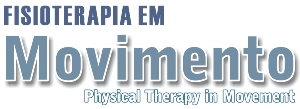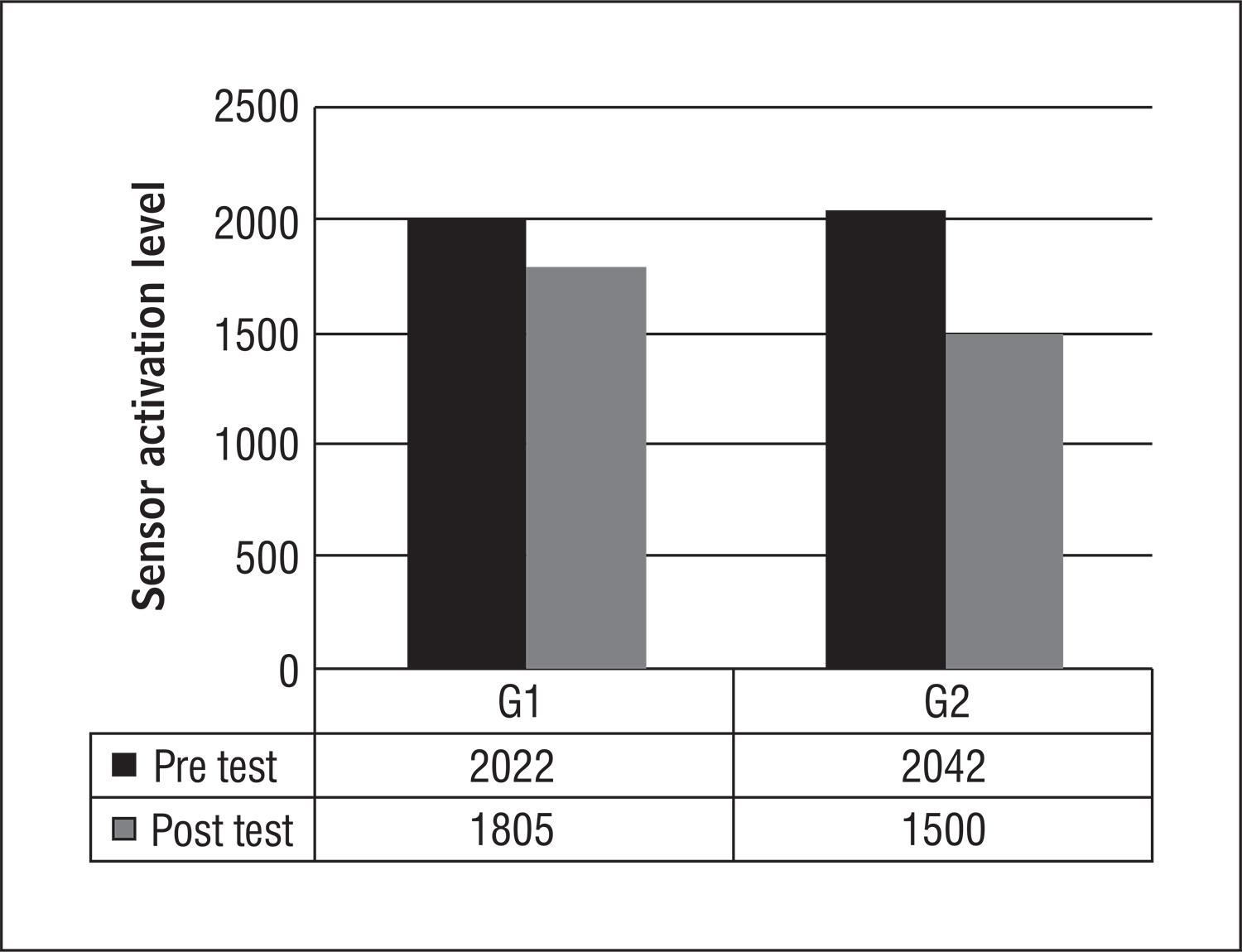Introduction
Hemiparetic Stroke patients have their daily activities affected by the balance impairment. Techniques that used visual information for training this impairment it seems to be effective.
Objective
To analyze the effects of the unstable balance board training and compare two ways of visual feedback: the biomechanical instrumentation and the mirror.
Materials and methods
Eight chronic hemiparetic Stroke patients participated in the research, randomized in two groups. The first group (G1) accomplished the training with biomechanical instrumentation, and the second group (G2) trained in front of the mirror. Sixteen training sessions were done with feet together, and feet apart. The evaluation instruments that were used before and after the period of training were the Time Up and Go Test (TUGT), Berg Balance Scale (BBS) and the Instrumented Balance Board (IBB), that quantified the functional mobility, the balance and the posture control respectively.
Results
The TUGT showed significant results (p < 0.05) favorable to G1. Despite the results of BBS were significant for G2, the intergroup comparison did not reveal statistical significance. Both groups obtained decrease in levels of IBB oscillation, what can indicate a higher stability, however the results did not indicate statistical significance (p > 0.05). A strong correlation between all the applied tests was observed in this research.
Conclusion
Although the advantages found were different between the groups, in both it could be observed that the training brought benefits, with the transference to the functional mobility.
Biofeedback; Postural balance; Stroke



